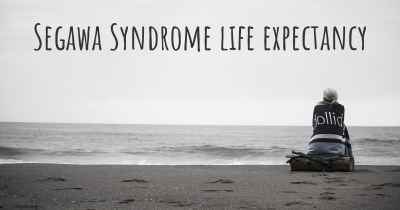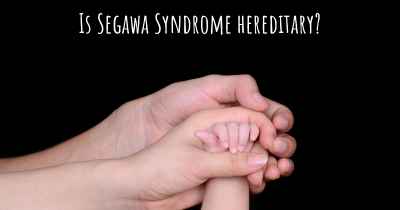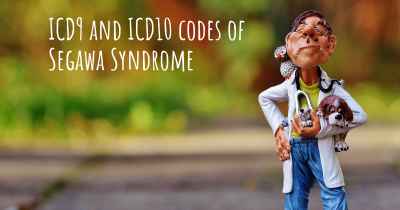Which are the symptoms of Segawa Syndrome?
See the worst symptoms of affected by Segawa Syndrome here

Segawa Syndrome, also known as dopa-responsive dystonia (DRD), is a rare genetic disorder that primarily affects the nervous system. It is characterized by a progressive movement disorder that typically begins in childhood or adolescence. Segawa Syndrome is caused by a mutation in the GCH1 gene, which leads to a deficiency of the enzyme called GTP cyclohydrolase 1.
The symptoms of Segawa Syndrome can vary in severity and may worsen over time. They typically manifest as a combination of dystonia and parkinsonism, which can significantly impact an individual's motor function and quality of life.
Dystonia is the most prominent feature of Segawa Syndrome. It is characterized by involuntary muscle contractions that cause repetitive or twisting movements and abnormal postures. These movements often start in one limb, such as the foot or hand, and can gradually spread to other parts of the body. Dystonia in Segawa Syndrome tends to worsen during the day and improve during sleep.
Parkinsonism refers to a group of symptoms that resemble those seen in Parkinson's disease. Individuals with Segawa Syndrome may experience bradykinesia (slowness of movement), rigidity (stiffness), tremors, and impaired balance. These symptoms can affect both the upper and lower limbs, making it difficult to perform everyday tasks.
Other common symptoms of Segawa Syndrome include:
- Gait abnormalities: Individuals may have an unsteady or shuffling gait, making it challenging to walk or maintain balance.
- Foot dystonia: Involuntary muscle contractions in the feet can cause abnormal foot postures, such as toe-walking or curling of the toes.
- Speech difficulties: Some individuals may experience dysarthria, a condition that affects the muscles involved in speech production, leading to slurred or unclear speech.
- Motor fluctuations: Symptoms may fluctuate throughout the day, with periods of relative improvement and worsening.
- Pain: Dystonic movements and abnormal postures can cause pain and discomfort.
- Response to levodopa: One of the distinguishing features of Segawa Syndrome is its dramatic response to levodopa, a medication that increases dopamine levels in the brain. Individuals with Segawa Syndrome typically show a significant improvement in symptoms after taking levodopa.
It is important to note that the symptoms and their severity can vary among individuals with Segawa Syndrome. Some may experience mild symptoms that do not significantly impact their daily lives, while others may have more severe symptoms that require ongoing management and support.
If you suspect that you or someone you know may have Segawa Syndrome, it is crucial to consult with a healthcare professional for a proper diagnosis and appropriate management strategies.








